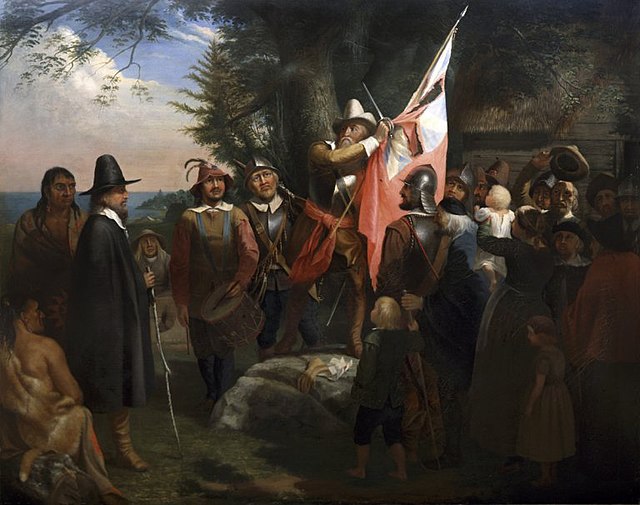Southern Baptists...
The Southern Baptist Convention, the largest Protestant denomination in the United States, came into being in 1845 as the church of Southern slaveholders.
Now, 173 years later, Southern Baptist leaders are not just acknowledging their dark history; they are documenting it, as if by telling the story in wrenching detail, they may finally be freed of its taint.
The Southern Baptist Theological Seminary, the denomination's flagship institution, this week released a 71-page report on the role that racism and support for slavery played in its origin and growth.
Protestants generally...
Missionaries argued that slave conversion would solidify planter power, make slaves more obedient and hardworking, and make slavery into a viable Protestant institution. They also encouraged the development of a race-based justification for slavery and sought to pass legislation that confirmed the legality of enslaving black Christians. In so doing, they redefined the practice of religion, the meaning of freedom, and the construction of race in the early modern Atlantic World.Their arguments helped to form the foundation of the proslavery ideology that would emerge in the late eighteenth and nineteenth centuries.
Mormons...
Brigham Young and Orson Spencer spoke in favor of legalizing and regulating slavery,
Even Quakers...
At the time—I was surprised to learn—slavery was accepted and common among the English Quakers who were in political control of Pennsylvania. And that was not all: Quakers were also involved in the slave trade. As it turns out, many of the Quakers in Philadelphia immigrated not from England, but from the Caribbean island of Barbados.
hurrah for the Amish...
the Amish were among the foremost abolitionists, and provided valuable material assistance to runaway slaves. They are a very anti-slavery group and have been for most of their history.









































































